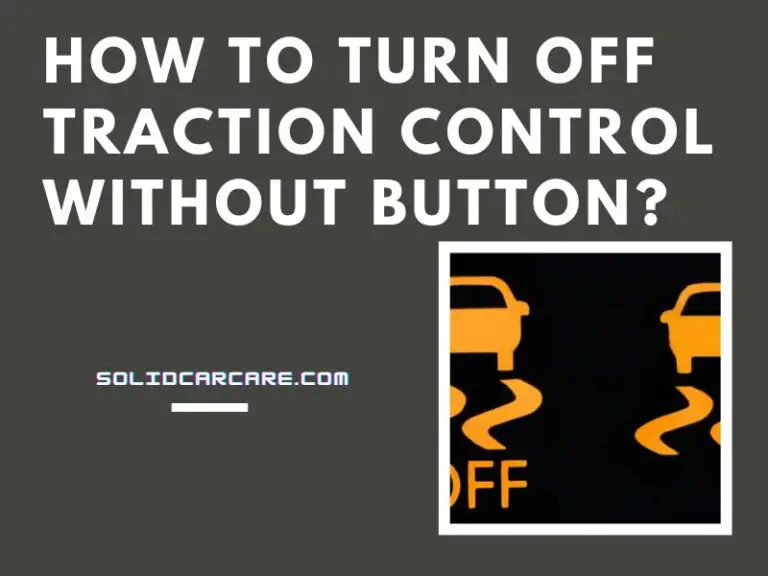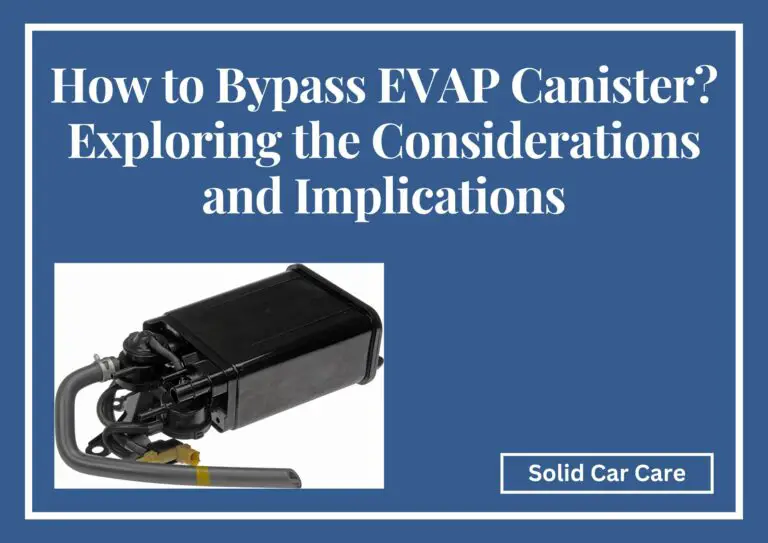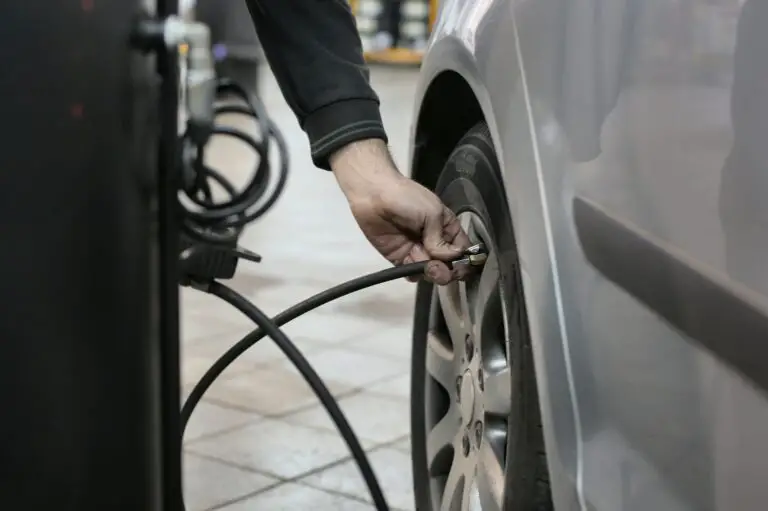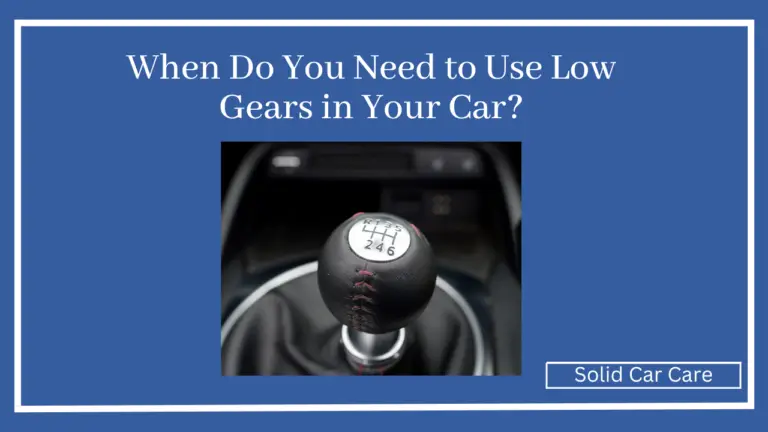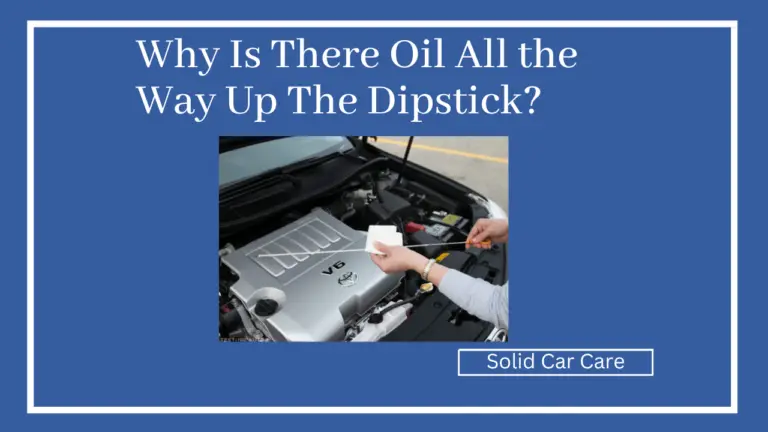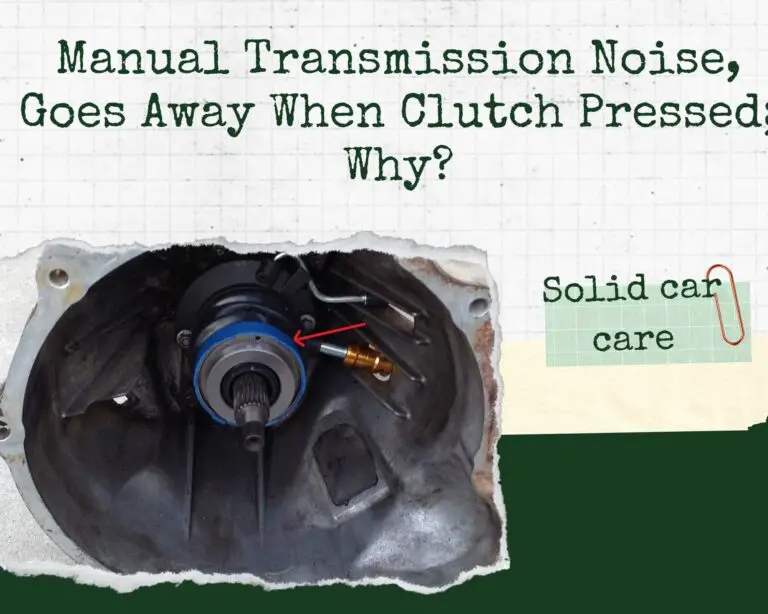Muffler Fell Off Can I Still Drive?

Key Takeaways
- Driving with a missing muffler poses safety hazards such as carbon monoxide poisoning, loud engine noise, and potential damage to other vehicle components.
- There are also legal issues associated with driving with a faulty exhaust system, including traffic violations and potential denial of insurance coverage.
- Additional drawbacks include performance loss and increased wear and tear on engine components.
- The safest option is to have the car towed to a mechanic and get the muffler replaced, as even a short drive can have serious consequences.
Table of Contents
Safety hazards:
Driving without a muffler poses significant safety hazards.
Firstly, the exhaust fumes containing carbon monoxide can enter the cabin, leading to carbon monoxide poisoning.
Additionally, the loud engine noise can impair your ability to hear important sounds on the road, such as horns or sirens.
Lastly, hot exhaust gases can cause damage to other vehicle components and even pose a fire risk.
It’s crucial to prioritize safety and have your car towed to a mechanic for muffler replacement to avoid these dangers.
Carbon monoxide poisoning
Is carbon monoxide poisoning a serious risk when driving without a muffler?
Absolutely. Driving without a muffler increases the risk of carbon monoxide poisoning, which is a deadly hazard. Here are some key points to consider:
- Prevention methods: Regular muffler maintenance is crucial to prevent exhaust leaks and minimize the risk of carbon monoxide entering the cabin.
- Symptoms of carbon monoxide poisoning: Dizziness, headache, nausea, confusion, and even loss of consciousness are common symptoms.
- Long-term effects of carbon monoxide exposure: Prolonged exposure to carbon monoxide can lead to neurological damage, heart problems, and even death.
- Safety precautions: It’s essential to keep windows closed, avoid idling in enclosed spaces, and install carbon monoxide detectors in your vehicle.
To ensure your safety and the safety of others, it’s strongly recommended to have your car towed to a mechanic and get the muffler replaced promptly. Don’t take the risk of driving without a muffler.
Loud exhaust noise
To address the safety hazards associated with driving without a muffler, the absence of this crucial component leads to a significant increase in loud and potentially deafening engine noise. This loud exhaust noise poses several risks and concerns.
Firstly, it can cause hearing damage, as the noise levels can reach dangerous levels. This not only affects the driver but also makes it difficult to hear important sounds on the road, such as sirens or horns, compromising road safety.
Additionally, the loud noise can be a nuisance to other drivers and pedestrians.
Furthermore, driving without a muffler can result in reduced engine power and fuel efficiency, leading to increased maintenance costs.
Lastly, the environmental impact is also a concern, as the noise pollution contributes to a less pleasant and peaceful environment.
Therefore, it’s crucial to have your muffler replaced promptly to mitigate these safety hazards and avoid further complications.

Damage to other vehicle components
The absence of a muffler can result in potential damage to various vehicle components. Driving without a muffler can have serious consequences for your car’s underbody, engine, and overall performance. Here are some of the risks you may face:
- Underbody damage: Without a muffler, hot exhaust gasses can directly impact and damage underbody components like hoses and wiring.
- Engine overheating: The absence of a muffler can disrupt the proper flow of exhaust gases, leading to engine overheating.
- Potential leaks: A missing muffler can create openings in the exhaust system, increasing the likelihood of leaks and allowing harmful fumes to enter the cabin.
- Impact on fuel efficiency: The lack of a muffler can disrupt the back pressure necessary for optimal engine performance, resulting in decreased fuel efficiency.
Moreover, driving without a muffler can cause long-term engine damage, including increased wear and tear on engine components. It’s crucial to prioritize your safety and the health of your vehicle by having your car towed to a mechanic as soon as possible to get the muffler replaced.
Fire risk
Driving without a muffler not only poses risks to your vehicle’s components but also increases the potential for a fire hazard. The exhaust system plays a crucial role in directing hot gases away from the engine and preventing them from coming into contact with flammable materials.
Without a muffler, these gases are more likely to escape and ignite any flammable materials present under your car. To prevent this fire risk, it’s essential to prioritize fire prevention and exhaust system maintenance.
Regularly inspecting and repairing any leaks or damage to the exhaust system, as well as avoiding driving over flammable surfaces, can significantly reduce the chances of a fire. Remember, safety precautions and proper vehicle maintenance are crucial to ensuring your well-being and the safety of others on the road.
Legal issues:
Driving without a muffler can lead to legal issues that you should be aware of. Traffic violations can be issued for driving with a loud or malfunctioning exhaust system, resulting in fines or even vehicle impoundment.
Additionally, some insurance companies may deny coverage for accidents or breakdowns caused by a faulty exhaust system. It’s crucial to consider these legal implications and prioritize your safety by getting your muffler replaced as soon as possible.
Traffic violations
Driving without a functioning muffler can result in traffic violations and potential legal consequences. It’s important to be aware of the legal issues that can arise from driving with a missing muffler. Here are some key points to consider:
- Legal consequences: Driving with a loud or malfunctioning exhaust system can lead to fines and penalties due to violations of exhaust system regulations and noise pollution laws.
- Fines and penalties: Depending on the jurisdiction, fines for driving without a muffler can range from a few hundred dollars to over a thousand dollars.
- Vehicle impoundment: In some cases, driving without a muffler can result in your vehicle being impounded until the necessary repairs are made.
- Exhaust system regulations: Different regions have specific regulations in place regarding exhaust systems, including noise restrictions and emissions standards.
To avoid these legal issues, it’s recommended to have your vehicle towed to a mechanic and have the muffler replaced as soon as possible.
Insurance coverage
To ensure adequate coverage for accidents or breakdowns caused by a faulty exhaust system, it’s important to be aware of the impact on your insurance policy.
Driving without a muffler can have significant coverage implications. Some insurance companies may have policy exclusions that specifically exclude coverage for accidents or breakdowns caused by a faulty exhaust system. This means that if you experience any issues related to your missing muffler, your insurance claim may be denied.
Additionally, liability concerns may arise if your loud engine noise causes a distraction or startles other drivers, potentially resulting in an accident. It’s also worth noting that driving without a muffler may impact your insurance premiums, as it could be seen as a violation of vehicle maintenance and safety standards.
To avoid potential claim denials and liability issues, it’s recommended to have your car towed to a mechanic and get the muffler replaced as soon as possible.
Additional drawbacks:

Driving without a muffler can lead to additional drawbacks that can impact your car’s performance and longevity.
One of these drawbacks is a noticeable loss in engine power and fuel efficiency. Without the back pressure provided by the muffler, the engine may struggle to operate optimally.
Additionally, the lack of a muffler can cause increased wear and tear on engine components, potentially leading to costly repairs down the line.
Performance loss:
Experiencing a significant decrease in power and fuel efficiency is an expected consequence of driving without a muffler. This can have several negative impacts on your vehicle’s performance and overall driving experience. Here are some key drawbacks to consider:
- Fuel efficiency: Without a muffler, your engine may consume more fuel due to the lack of back pressure in the exhaust system.
- Power loss: The absence of a muffler can result in a noticeable reduction in engine power, making acceleration and overall performance sluggish.
- Increased maintenance costs: Driving without a muffler can lead to additional wear and tear on engine components, potentially resulting in costly repairs.
- Noise pollution: The absence of a muffler means your vehicle will emit loud and disruptive engine noise, causing discomfort for both you and those around you.
To avoid these drawbacks and maintain optimal performance, it’s best to have your muffler replaced promptly by a professional.
Increased wear and tear
If you continue driving without a muffler, you can expect an increase in wear and tear on your vehicle’s engine components. The lack of back pressure from the exhaust system can lead to potential consequences such as engine strain, reduced lifespan, and long-term damage.
The engine relies on the proper functioning of the exhaust system to maintain optimal performance and efficiency. Without a muffler, the engine may experience increased stress and strain, which can result in accelerated wear on vital components such as valves, pistons, and cylinders. This increased wear and tear can lead to costly maintenance repairs and a shorter overall lifespan for your vehicle.
It’s highly recommended to have your car towed to a mechanic as soon as possible to avoid further damage and maintenance costs.

